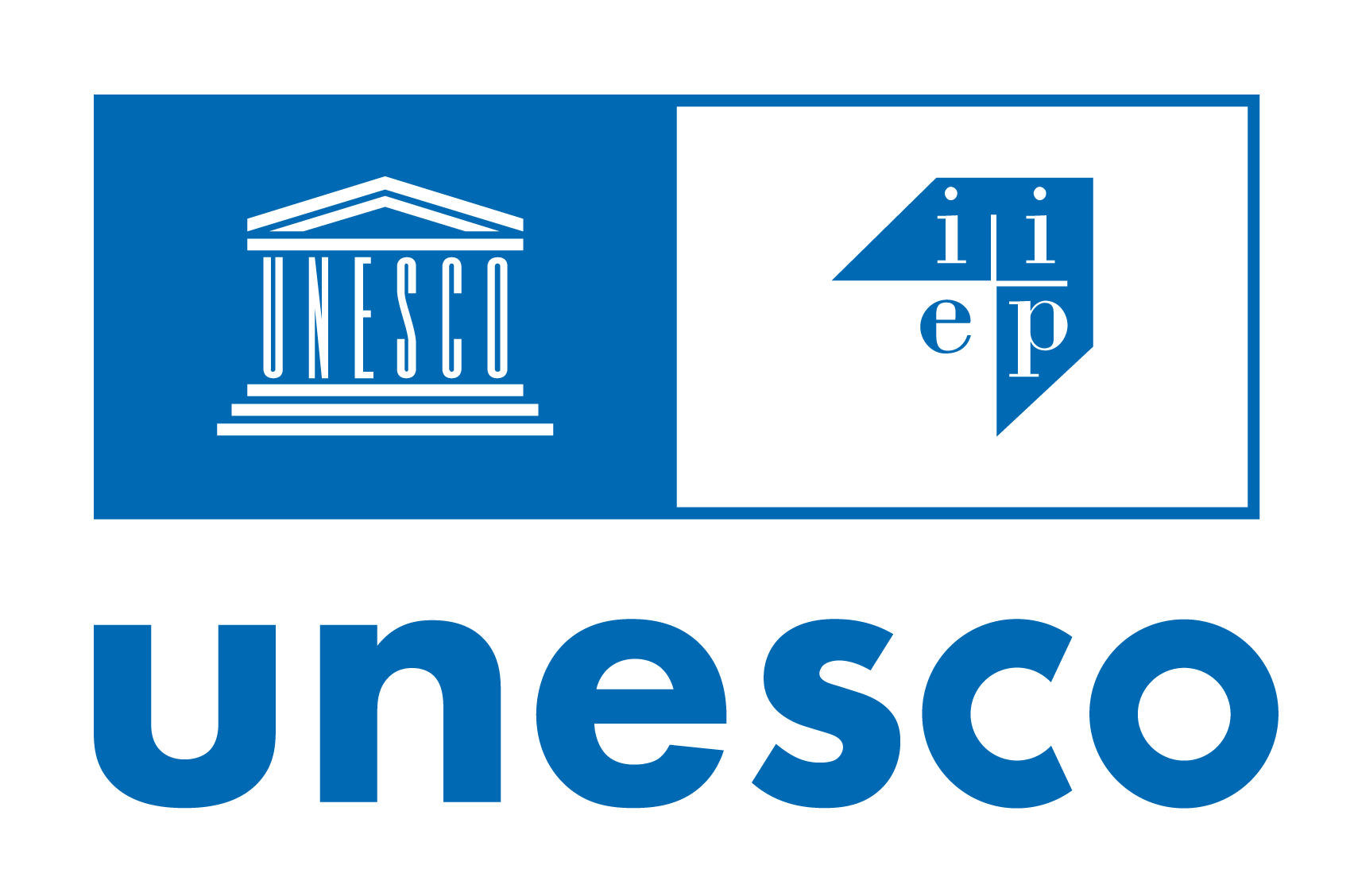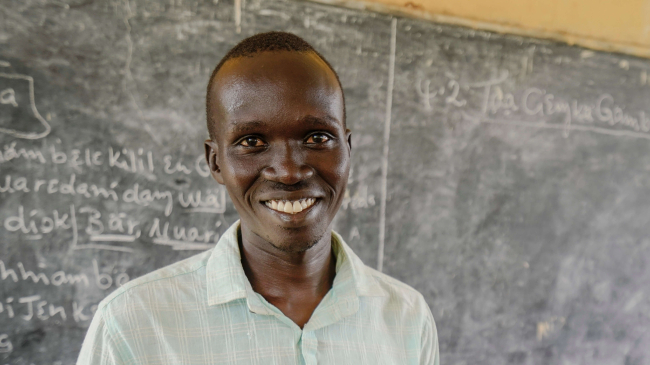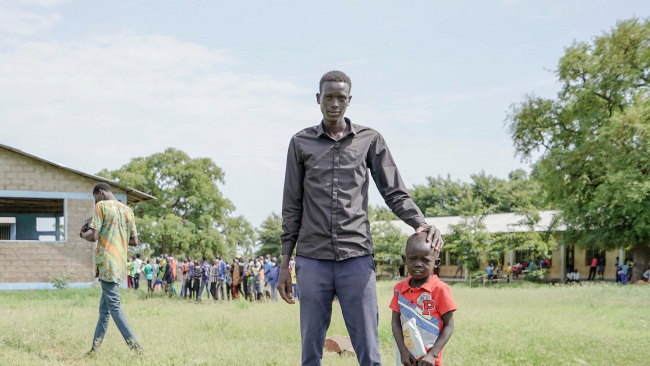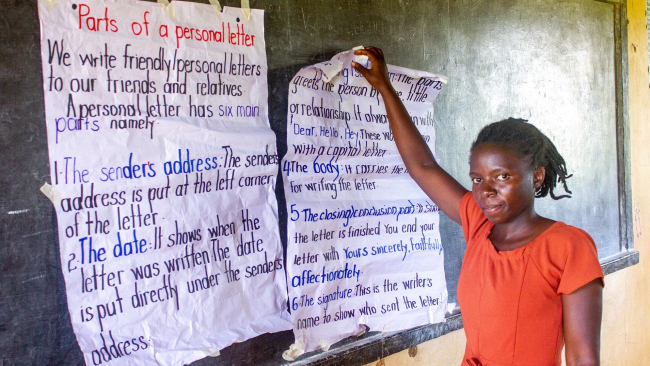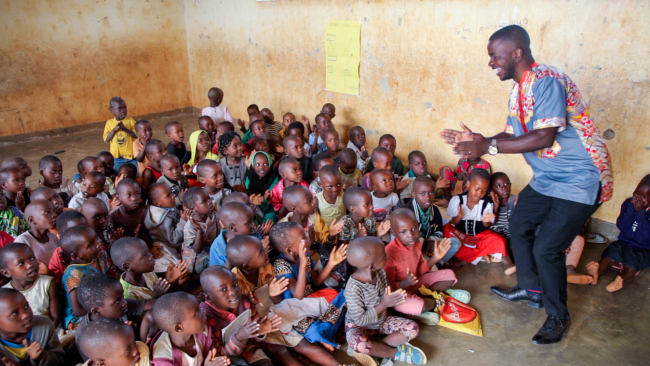This paper examines fragility, capacity development and education and the links between these by analysing relevant research and policy literature. It proposes ways forward for action and reflection at national, regional and international levels. Chapter One sets the scene with a review of the debate on the characteristics of fragile states and education within them, and the paper identifies state building as a priority concern. The capacity challenge is especially acute in these contexts. The paper considers how administrative systems and education institutions can enhance accountability, trust, civic participation and social capital as well as human capital. Chapter Two looks at the nature of fragile states and possible reasons for their fragility. Fragile states are understood as those that lack the capacity and the willingness to perform key government functions, and in which the ‘public’ is weak or missing altogether. While conflict and natural disasters are often a cause of state fragility, the situation is often made worse by political and social events. Fragile education systems are both an effect and a cause of fragility. If people have lost faith in the education system provided by the state, that education system will be less able to foster change in the political system. The challenge is to develop education systems that can change the dynamics of fragility. This in turn will allow the state to bolster its legitimacy by providing mass education that delivers what it promises. Capacity development in education systems in such contexts requires a broad definition. It clearly goes beyond the knowledge and skills of individuals into the realm of governance. Effective capacity development strategies will also depend on the social, economic and political context of the country or region in question. Chapter Three puts the elements of the fragility, capacity development and education together. It examines which elements of capacity development should be targeted in education, with state building as the primary objective. Administrative systems and education institutions have different but complementary roles to play. With regard to administration, capacity development is examined in terms of policy making and planning, regulatory functions, including anti-corruption measures, and strengthening local capacity and leadership, including gender concerns. The development of teachers, curricula, skills and analytical capacity are all priority areas for the development of education institutions, but in specific ways that address state fragility. Learner-centred teaching, labour market analysis, entrepreneurship skills, skills for employment, adult education, civic education and political literacy are all identified as areas for action. Donor involvement, methodologies for capacity development and possible ways forward are discussed in Chapters Four and Five. The OECD-DAC Principles for Good International Engagement in Fragile States and Situations are discussed in relation to choices over the allocation of resources and the skills needed to prioritise. Process considerations, such as whether to target specific levels of an education system or whether to adopt an issues-based approach to mobilise diverse stakeholders from all levels, are also important.
Year
2009
Pages
57
Resource Types
Languages
